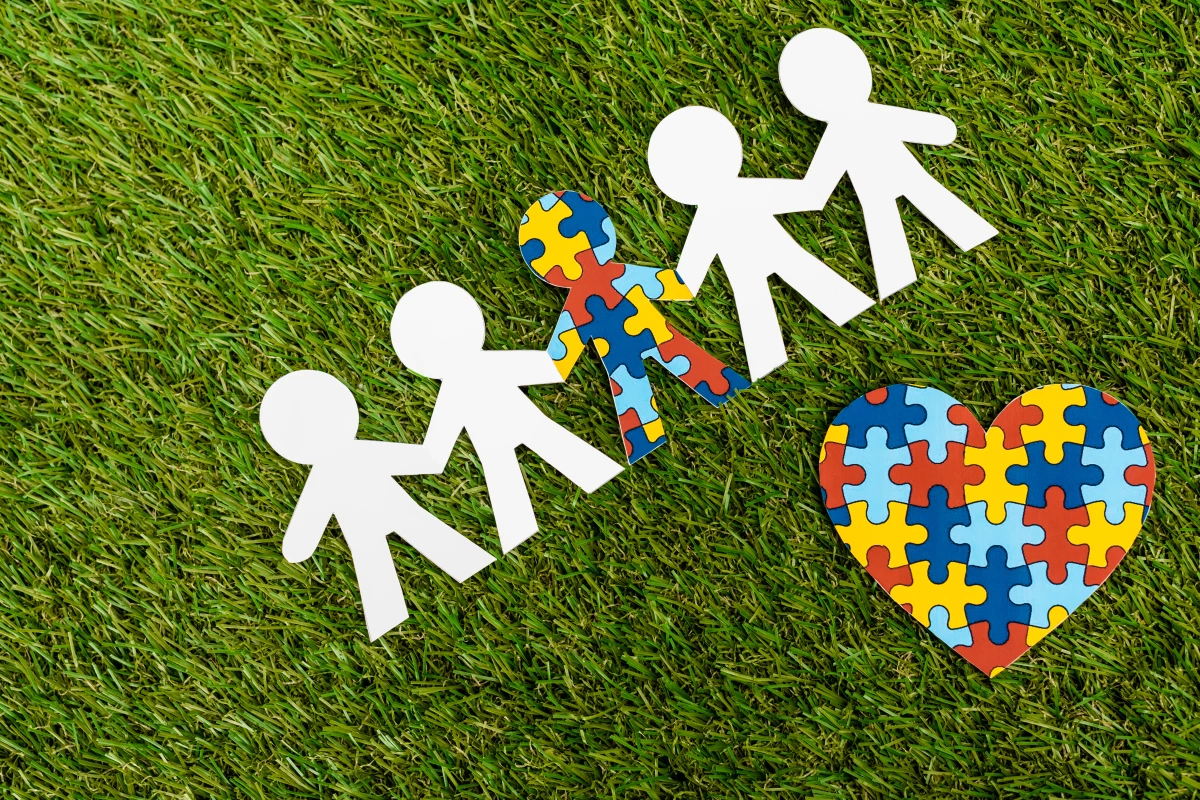There's been a significant rise in individuals diagnosed with autism spectrum disorder (ASD) in recent years, with an estimated 61.8 million cases worldwide. Experts are now calling for better access to medical support as it moves into the top 10 of non-fatal health burdens.
A new study from the Global Burden of Diseases has revealed surprising new numbers regarding the prevalence of ASD around the globe, with one in 127 people impacted by the condition, up from one in 271 people in 2019. The latest set of data, which stems from 2021, suggests the number might even be higher three years on.
"This places autism spectrum disorder within the top 10 causes of non-fatal health burden for individuals younger than 20 years," the researchers noted. "Such figures highlight the critical importance of early detection and tailored support systems to address the diverse needs of this population across their lifespan."
However, the jump in numbers is unlikely to be the result of more cases of the neurodevelopmental condition, but a better understanding of ASD and diagnostic measures. This is reflected in the data showing that the richest countries in the world have the highest rate of ASD diagnoses.
Global disparities back this theory, with one in 63 people in Japan diagnosed with ASD, compared to one in 170 in Bangladesh. Regions had significant disparities too, with ASD most prevalent in high-income Asia Pacific nations, and least prevalent in tropical Latin America.
Males remain over-represented across the globe, with an estimated one in 94 men with the condition, as opposed to one in 197 women. This actually closes the gap between the sexes, with previous research suggesting a 4:1 ratio. Much like ADHD – which can also present as a comorbidity – autism has often been missed because of how differently it can present in girls and women.
"These disparities may reflect differences in diagnostic practices, cultural norms, and access to healthcare rather than true variations in autism prevalence," the researchers wrote. "While the burden of autism spectrum disorder is highest among children and adolescents, affecting their social development and education, it persists well into adulthood. Despite this, research and services are disproportionately focused on younger populations, leaving a gap in understanding and support for autistic adults."
The sharp rise in numbers is also related to diagnostic methods, with criteria having become broader and including previously excluded conditions like Asperger's Syndrome.
The figures don't suggest ASD is more prevalent in richer countries, but instead highlights the need for better access to healthcare and support in many parts of the world. The study also stresses the need for more thorough research in poorer countries.
"The findings underscore a pressing need for a global response to autism spectrum disorder that goes beyond childhood interventions," the researchers noted. "From early diagnosis to lifelong support systems, healthcare and policy must evolve to meet the needs of this diverse population, ensuring better access to resources and improving quality of life."
The study also found that ASD accounted for 11.5 million disability-adjusted life-years (DALYs), highlighting its significant health burden. DALYs is a metric that measures disease burden, and is used in public health to quantify the number of years lost due to illness, disability or premature death. This study places ASD in the top 10 for non-fatal disease burdens.
"This study represents a significant step forward in understanding the true scope of autism spectrum disorder," they continued. "The revised estimates better align with high-quality epidemiological surveys and provide a more accurate basis for policy and healthcare planning."
As the researchers point out, early ASD diagnosis and intervention is crucial for people on the vast autism spectrum, in order for them – as well as their loved ones and carers – to access the support they need for this life-long, chronic condition.
The study was published in the journal The Lancet Psychiatry.
Source: The Lancet via Scimex





